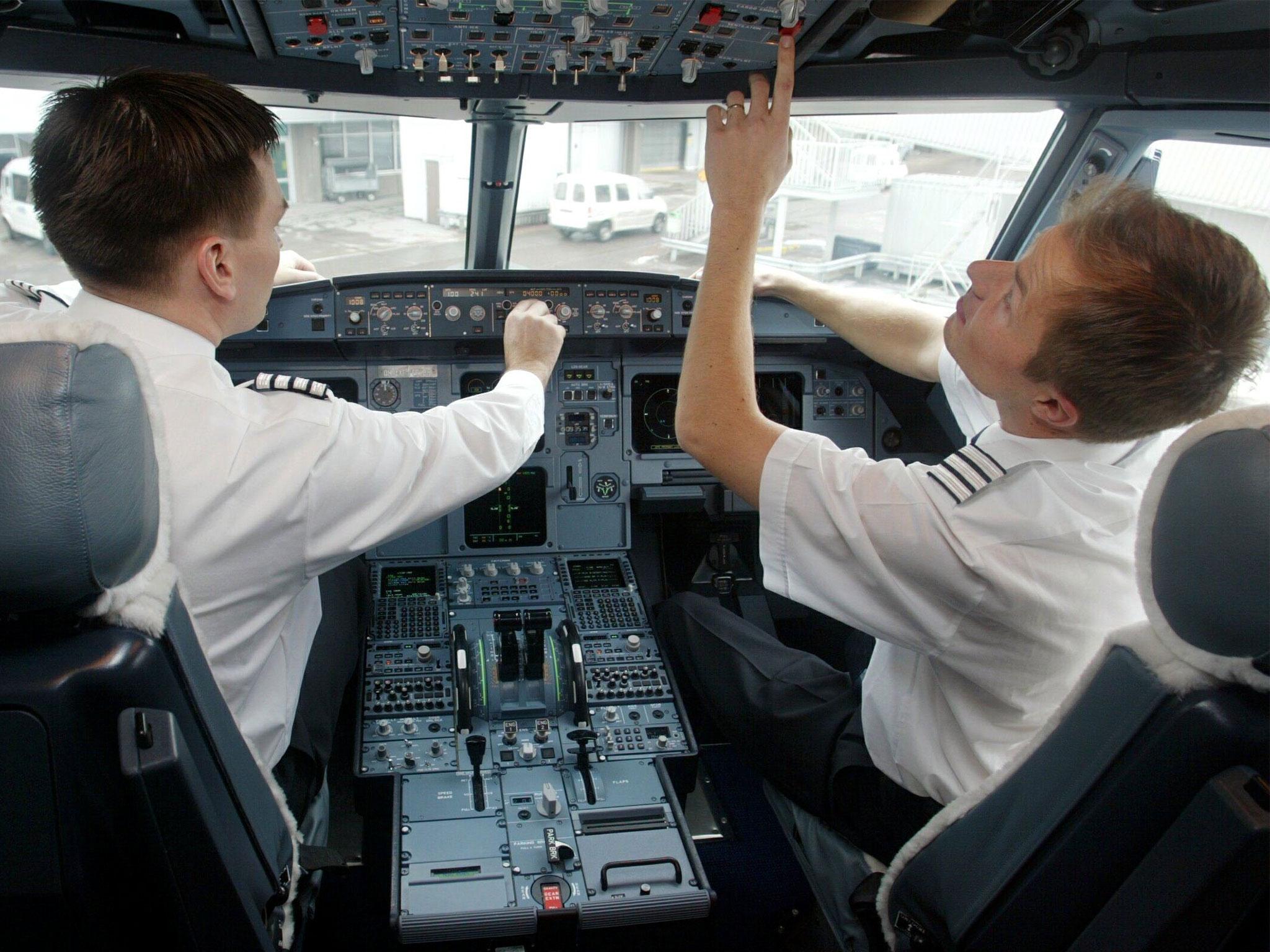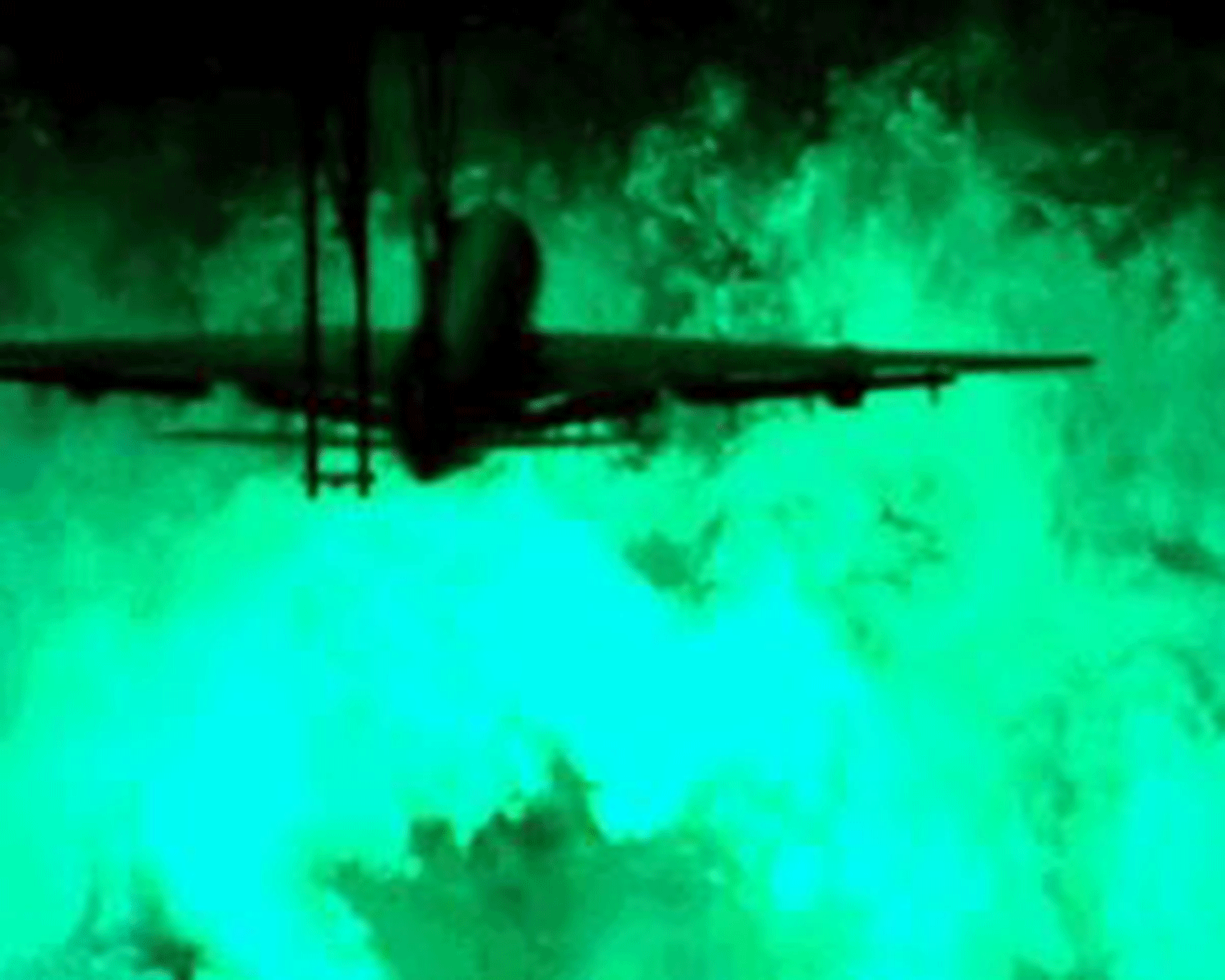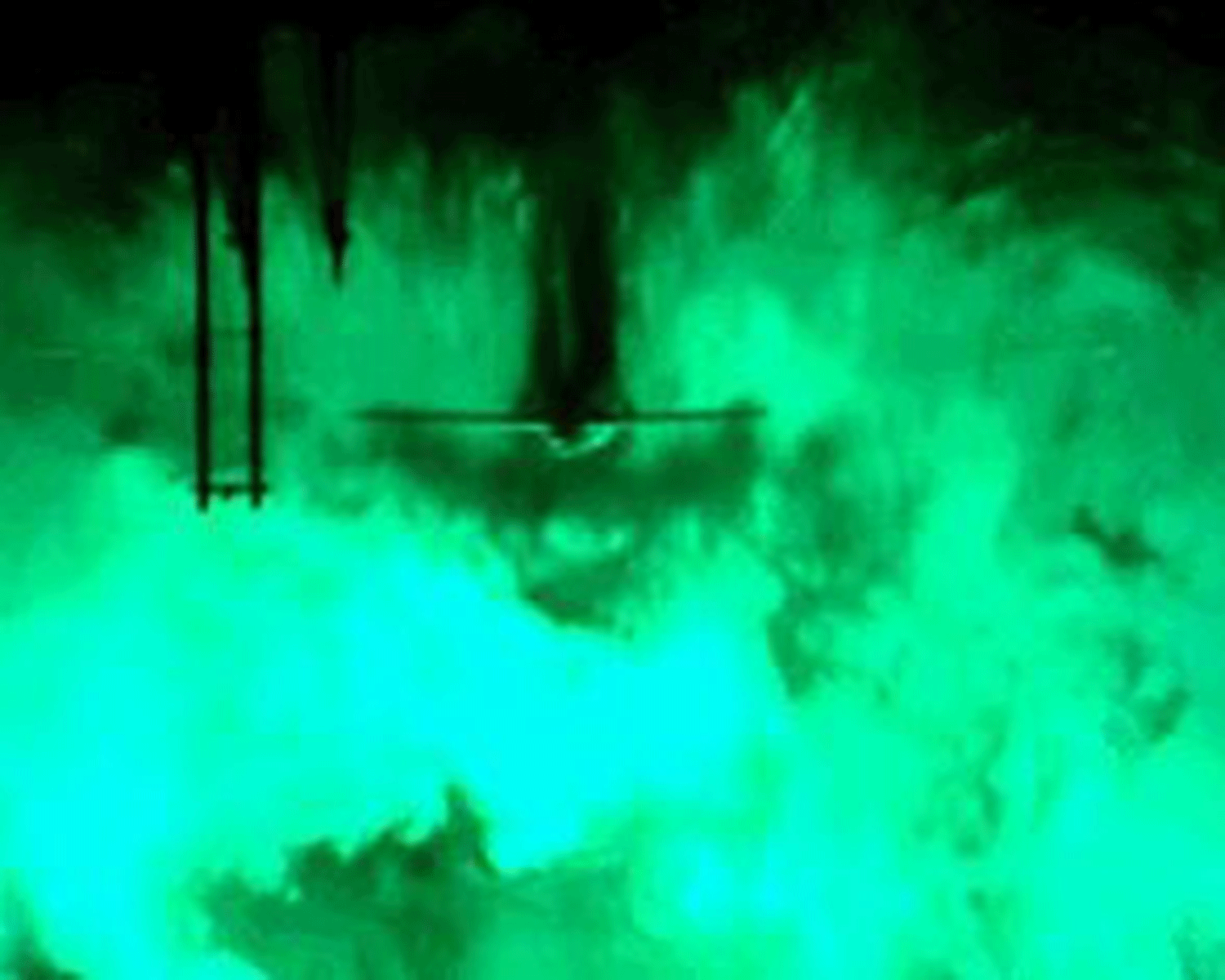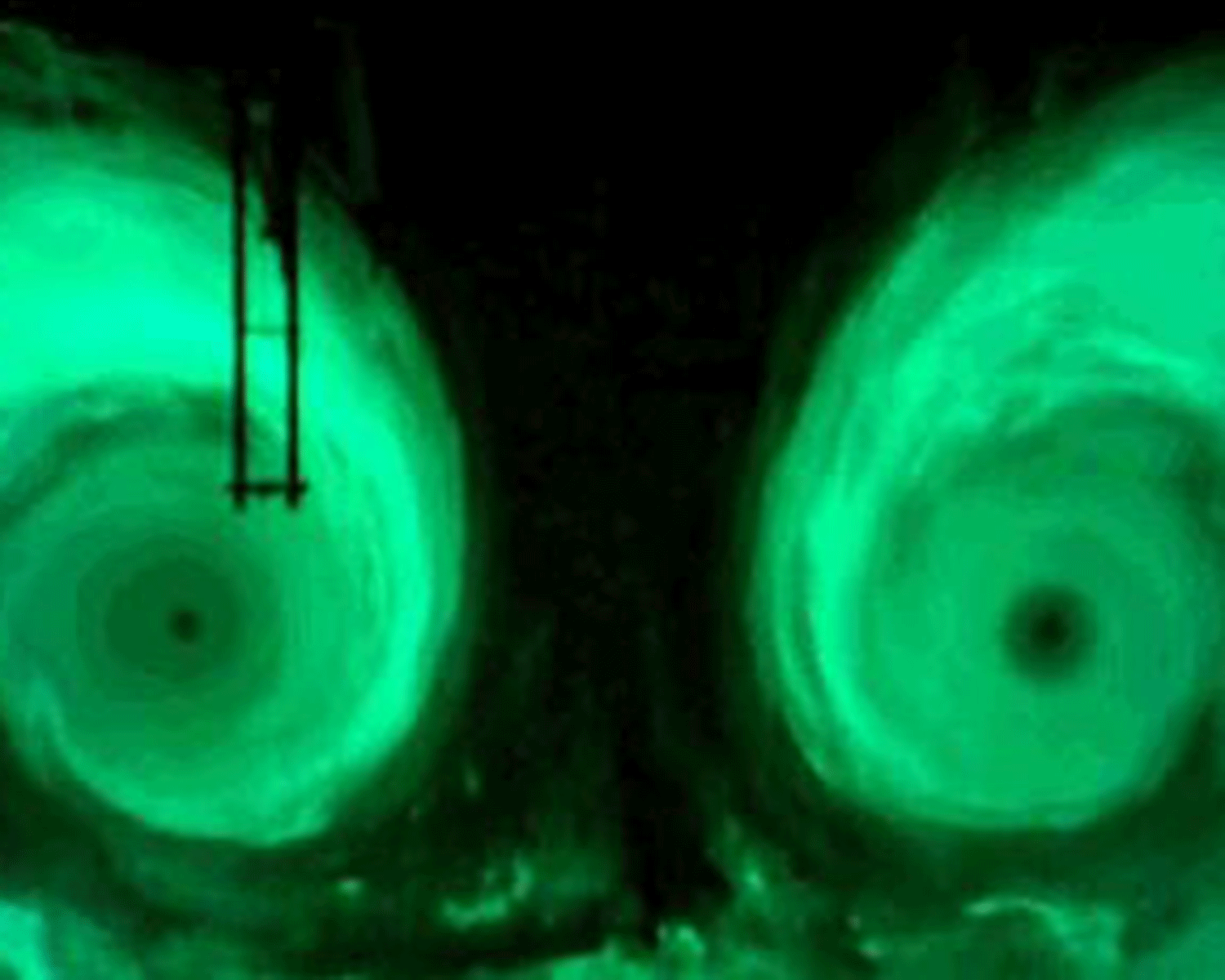Airline crew reveal what happens mid-flight that passengers are unaware of
'Just at that moment, he said something I've never heard from another pilot: 'Help me.''

Your support helps us to tell the story
From reproductive rights to climate change to Big Tech, The Independent is on the ground when the story is developing. Whether it's investigating the financials of Elon Musk's pro-Trump PAC or producing our latest documentary, 'The A Word', which shines a light on the American women fighting for reproductive rights, we know how important it is to parse out the facts from the messaging.
At such a critical moment in US history, we need reporters on the ground. Your donation allows us to keep sending journalists to speak to both sides of the story.
The Independent is trusted by Americans across the entire political spectrum. And unlike many other quality news outlets, we choose not to lock Americans out of our reporting and analysis with paywalls. We believe quality journalism should be available to everyone, paid for by those who can afford it.
Your support makes all the difference.Passengers on aeroplanes are often kept in the dark about significant problems unfolding in the cockpit to prevent them from panicking.
That's according to crew members and pilots who have revealed some of the slightly more hair-raising situations about which fliers in the main body of the plane never found out - or were only informed of afterwards.
From hitting such hard turbulence that the steering controls do not work, to dealing with hypochondriac passengers, Reddit users identifying as those who work in the aircraft industry have revealed the small crises which most of the plane never knew were occurring.
One such incident involved a pilot flying too close to another plane, which at more than 500 miles per hour can cause severe turbulence.
One co-pilot pilot described being caught in the wake of several larger planes, after the control tower failed to warn him about it in time.
"The captain was flying, and as we approached a point where a right turn was required the aircraft started to roll left instead," the Reddit user wrote.

"Puzzled, I looked over to see that he had the yoke all the way to the right, but we continued to roll left. We were passing about 60 degrees of bank, and the nose was starting to drop.
"Just at that moment, he said something I've never heard from another pilot, before or since: 'Help me.'"

The co-pilot said he used the right rudder to stop the roll and eventually the plane started to turn. The air traffic controller warned them several minutes later of wake turbulence (the type of turbulance that forms behind a plane as it flies), which the co-pilot said "would have been nice to know about ten minutes earlier."

An air traffic controller, meanwhile, said he once had to instruct other planes to get out of the way after a pilot dropped off the radio and began to decide himself what altitude to fly at.
The incident began when the pilot went "NORDO", which means to fly without frequency and probably originates from the military shorthand for "No Radio".
He lost contact with the controller and did not change his altitude to make sure he was not in the path of oncoming planes.
"There were about a dozen different planes going northbound that were at his altitude, so he ended up running one heck of a gauntlet through all these people as I was descending and climbing them to get them out of the way," said the air traffic controller.
"Then, apparently in an act of sheer ignorance on the pilot's part, he decided to choose an even altitude all by himself, knowing he should probably be at one. Remember all those planes I had to move out of his way? He managed to put himself right back into them."
In another incident, most of the plane's passengers thought someone onboard was dying of appendicitis after a girl began screaming about her stomach - only for a German doctor to calmly diagnose her as having a painful stomach piercing.
In most cases, flight attendants have said passengers do not realise when their fellow fliers are seriously ill.
Several other stories involve pilots approaching storms and saying afterwards they should never have flown through them.
One passenger described a private flight which left them so scared of flying they now need to take sedatives before boarding a plane.
"The co-pilot comes out and tells us then to be aware we are about to be caught in turbulence and it will be bad," they said.
"This was scary since they usually downplay it. But what happened next was a ten seater plane being caught in a lightening storm rolling in from every angle.
"We dropped 5,000 feet, the plane was on its side rocking and nose diving. The lights went out, rain hitting us and we could see nothing but rain and pitch black with occasional lightening out the front window (the pilots)."
This passenger was unaware that before the flight that pilots had expressed doubts about flying but had left it up to the private owner of the plane to decide whether to fly - in this case, a bad decision.
Join our commenting forum
Join thought-provoking conversations, follow other Independent readers and see their replies
Comments